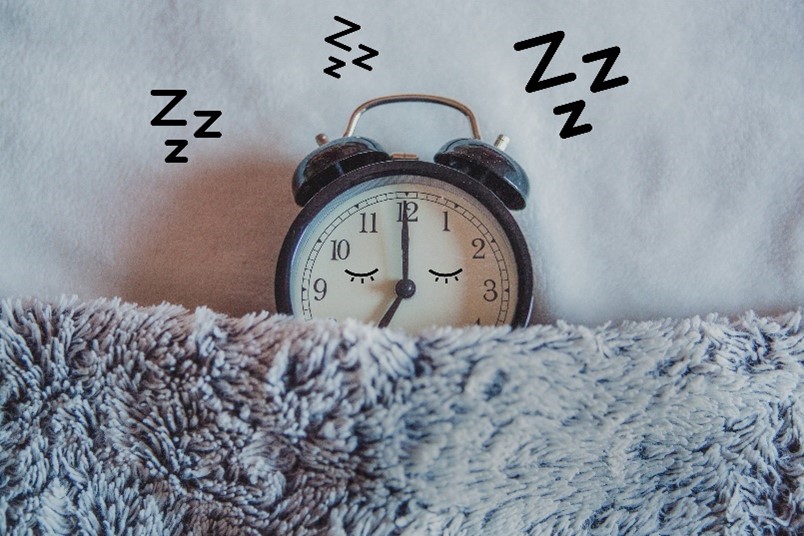
Sleep: Your Health Depends On It Other Cool & Meaningful Topics Personal Management
Science keeps discovering new reasons why getting enough sleep is paramount for good health, and if you are like most people and skimp on your snoozes, it’s time for an important reminder.
We at Launch Leadership Development believe in cultivating strong self-management skills, and getting enough sleep has a direct impact on your health and productivity.
Matt Walker, a neuroscientist teaching at the University of California, Berkely, who has done extensive research on the science of sleep and wrote the book “Why We Sleep”, has much to say about getting the needed seven to nine hours of recommended sleep each night. Today we will explore the major points of one of his many talks that is linked below.
- Why it is important to get enough sleep
- What helps promote sleep, and what does not
Why getting enough sleep is important:
- Reproductive health: studies have shown that both males and females experience lowered fertility rates when sleep deprived.
- Cardiovascular disease: strokes and heart attacks are more apt to occur in sleep deprived individuals.
- Capacity to learn: sleep helps the brain prepare to learn as well as being needed after the learning because it is during deep sleep the brain processes and stores memories.
- Emotional stability: lack of sleep negatively affects the prefrontal cortex, which controls the amygdala, the regulator of our emotions.
- Immune system: sleep deprivation lowers your body’s immune system, as well as prohibiting cancer fighting cells from doing their job
- Physical appearance: sleep deprivation affects the appearance of your eyes, skin, and mouth.
- Alzheimer’s: studies are proving sleep deprivation may be a contributing factor
- Driving impairment: driving while sleep deprived is more dangerous than driving under the influence of substances because there is zero reaction time compared to delayed reaction caused by alcohol and other drugs.
If you struggle to sleep seven to nine hours each night, try these ideas:
- Regular hours: Go to bed and wake up at the same times every day. Even weekends. Consistency is important.
- Keep it cool: Optimal bedroom temperature is 65 degrees.
- Bed is for sleeping: Don’t have screen time in bed so your brain will associate bedtime with sleep. If you can’t get to sleep within 25 minutes, get up and go to another room and read until you are tired.
- Keep it dark: no night lights or lights from other rooms shining in. Consider a sleep mask, if needed.
- Have a bedtime routine: Start winding down an hour to 45 minutes before actually going to bed. Stop screen time, brush teeth, read, etc. Set an alarm for winding down.
- No caffeine 12 hours before bedtime: ¼ of the caffeine in a drink will stay in your system 12 -14 hours and results in up to 20% reduction of deep sleep.
- No alcohol: alcohol is only sedating your cortex, and results in fragmented sleep, waking your brain up multiple times without you realizing it. It blocks your REM sleep that is needed for emotional and mental health.
- Do not nap: Stay up so you will be tired.
- Do not “binge sleep” on weekend to “catch up” on sleep: You cannot catch up on sleep. Studies show people who binge sleep are typically heavier and less healthy than those who keep a steady 7–9-hour sleep pattern.
- Do not hit the snooze button: hearing the alarm when asleep stresses the cardiovascular system. Once is enough.
- Note: these tips will not necessarily help if you have sleep apnea- see your doctor if you believe you have sleep apnea.
After watching Dr. Walker’s video, it became very clear to me that getting that average 8 hours of sleep a night is non-negotiable. I have always struggled with sleep deprivation, as I am genetically a night owl who has had to function in a “lark” occupation, being at work at 7:30 a.m. If you are struggling as well, I challenge you to try at least two or three of these suggestions, and listen to Dr. Walker’s talk linked below, as sleep deprivation has more serious consequences than just “feeling bad” the next day. Your health truly depends upon it, my friend. Sleep well!
-Jan Jones
Check out these two videos from Matt Walker: